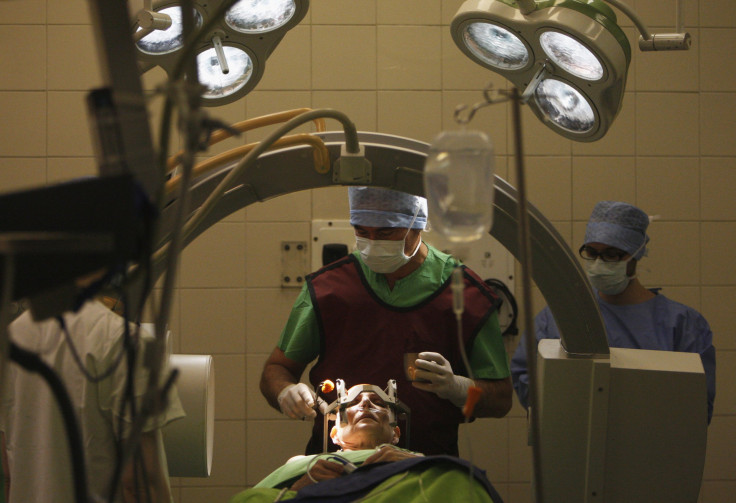Peptides To Protect Brain Damage In Patients With Stroke

Giving Peptides to patients within an hour of stroke will help minimise the brain damage, says David Blacker, the medical director of the West Australian Neuroscience Research Institute. When peptides were given to rats, the damage caused of the stroke was substantially smaller, said Blacker. If the same could be applied to the human models, there is a hope that the critical bits of brain would be less affected, added the researcher.
Blacker also quoted that it is devastating to know from a survey that elderly people are far worried of surviving the stroke with substantial disability than the death itself. Blacker, who is also a neurologist at Perth's Sir Charles Gairdner Hospital, said that giving peptides to the victims of the stroke within an hour could get them more time before the brain damage sets in.
Blacker noted that it is possible only in the metros, and if the patient is brought on time to the hospital where a team of doctors available to carry out the techniques to remove the blood clot. It is not feasible for people living in rural areas as they are hours away from the hospitals that carry out these techniques, added Blacker.
Professor Bruno Meloni, who led the research team, said that the discovery was a game changer as the peptide treatment given within an hour could change the life of a person from being paralysed to non-paralysed, and hence, has a significant role to play in the patient’s standard of living and stroke outcomes.
Meloni pointed to a research from Melbourne showing that blood flow in the brain can improve the outcomes of the stroke by limiting the brain injury. He also said that without further treatment, the brain is vulnerable for injuries as the peptides target the damaged tissues of the brain since the peptides are used only to inhibit or suppress the damage of the brain that occurs after the stroke.
To report problems or to leave feedback about this article, e-mail: saranya@ibtimes.com.au





















